Found object art began to take shape in 1912 when Picasso made his cubist constructions from various scavenged materials, adding such things as matchboxes and newspapers. Dada and surrealist artists then made extensive use of found objects. And now, the art form continues to thrive among mixed-media artists.
Read on for 10 unique found objects to use in your mixed-media art.
What is Found Object Art?
Found object art (or objet trouvé) is a form of mixed-media art and the creative process of recontextualizing ordinary, discarded, or unassuming objects into artworks. It challenges our perception and encourages us to see the beauty and potential in the mundane. As such, its essence lies in the ability to reimagine the meaning and significance of everyday objects.
The Appeal of Found Object Art
Found object art holds a unique allure for both artists and viewers:
- Creativity: It encourages artists to think outside the box and get creative to transform the ordinary into the extraordinary.
- Sustainability: Found object art promotes environmental consciousness by recycling and repurposing materials otherwise discarded as waste.
- Pleasant Surprise: The unexpected juxtaposition of objects can evoke a sense of surprise and delight in viewers, sparking curiosity.
- Commentary: Many found object artworks carry social or political commentary, using everyday objects to convey powerful messages.
10 Found Objects to Create Mixed-Media Art With
OLGA SIEDLECKA⎟ SOMERSET STUDIO AUTUMN 2022
1. Clock Parts
Clock parts, like gears, springs, and hands, can be a treasure trove for mixed-media artists. These intricate mechanical pieces can symbolize the passage of time or the inner workings of the human mind. Their metallic textures and unique shapes make them perfect for adding a touch of steampunk aesthetics to your found object art.
You can glue these parts onto canvases or embed them in resin. The contrast between the delicate watch parts and other materials like canvas or wood creates a stunning visual effect.
2. Rusty Nails and Bolts
Rusty nails and screws might seem like ordinary discarded objects. But in mixed-media art, these found objects can become powerful symbols of decay, transformation, and resilience. Consider arranging them in patterns, embedding them in sculptures, or using them as embellishments. The rust adds an authentic, weathered look to your art, making it feel aged and evocative.
3. Broken China
With its intricate patterns and history, broken ceramics can be a stunning addition to your mixed-media art. Collect shards from antique plates, cups, and saucers to use in your art. Fractured ceramic with other materials, such as wood or metal, can create visually captivating contrasts. Whether you choose to mosaic with these found objects or use them as standalone elements, they add a sense of timelessness.
CHRIS KARPIAK⎟ SOMERSET STUDIO WINTER 2022
4. Sea Glass and Shells
If you like coastal themes and natural elements, sea glass and shells are the perfect add-ons. Arrange sea glass pieces into abstract compositions or use shells as texture and focal points in your work. The translucent quality of sea glass can add a touch of ethereal beauty.
5. Discarded Electronics
In our digital age, discarded electronic components are a rich source of materials for mixed-media art. You can repurpose old circuit boards, computer parts, and wires into futuristic and thought-provoking art pieces. The fusion of technology and art can convey themes of progress, connectivity, and the challenges of our digital world. Use these found objects to create collages or mixed-media canvases that explore the relationship between humans and technology.

6. Old Maps
Maps tell stories of exploration and geography. Incorporating old maps into your mixed-media art can create a sense of wanderlust and curiosity. You can use maps as backgrounds, collage elements, or sculptural components. Cut them into shapes, or use them as a backdrop for other found objects related to your chosen theme. Maps provide a versatile and visually appealing foundation for your artwork.
SUSAN RAY⎟ SOMERSET STUDIO WINTER 2022
7. Antique Keys
Old keys are more than just functional tools. They symbolize mysteries and secrets. On top of that, these found objects can add depth and intrigue to your mixed-media art. You may find them in your attic or at antique shops and flea markets.
Attach them to canvases, shadow boxes, or collages as embellishments. Or use them to create interactive pieces where viewers can engage by turning the keys.
VICKIE KAMMERER⎟ SOMERSET STUDIO SPRING 2023
8. Found Fabrics
Vintage fabrics, lace, embroidery, torn clothing, and even discarded upholstery can all be part of your mixed-media projects. These textiles bring a tactile quality to your art, adding depth, contrast, and a sense of familiarity. You can use them to create textured backgrounds, collage elements, or even as standalone pieces. Consider tearing and layering fabrics to create collages or sewing them onto canvas for a textile-rich base.
PATRICIA J. MOSCA⎟ SOMERSET STUDIO SUMMER 2022
9. Neglected Jewelry
Don't discard those broken, mismatched, or neglected jewelry pieces. Instead, repurpose them in your found object art. Broken chains, single earrings, or chipped gemstones can become stunning embellishments in your creations. These pieces can symbolize lost treasures or hidden stories waiting for discovery.
DIANE ADAMS⎟ SOMERSET STUDIO SUMMER 2022
10. Vintage Postcards
Old postcards, handwritten notes, and letters can infuse your mixed-media art with a sense of human connection and nostalgia. You can use them as collage elements, background layers, or to include text in your artwork. These artifacts from the past can add emotional resonance and depth to your pieces.
Related: Egg-Cellent Ideas: The Art Of Egg Decorating
Tips for Creating Mixed-Media Art With Found Objects
Now that you've explored these ten found objects for your mixed-media art, here are some tips to help you get started on your creative journey:
- Theme and Concept: Start with a clear theme or concept. Doing so will guide your selection of found objects and materials, ensuring they align with your artistic vision.
- Composition: Experiment with different arrangements of found objects. Play with scale, balance, and symmetry to create visually engaging art.
- Adhesives and Techniques: Invest in quality adhesives and tools. Try techniques like decoupage, collage, resin casting, and soldering to bring your vision to life.
- Layering: Explore layering different materials and objects to add depth and complexity to your found object art. Create depth by placing objects in the foreground, middle ground, and background.
- Color Palette: Consider your color palette carefully. Choose colors that complement your found objects and evoke the emotions or themes you want to convey.
- Storytelling: Use found objects to tell a story or convey a message in your artwork. Each object can have its own tale, and their arrangement can create a cohesive narrative.
- Experimentation: Don't be afraid to experiment with new materials and techniques. Mixed-media art encourages creativity and pushing boundaries.
- Documentation: Keep a journal or sketchbook to document your ideas, experiments, and the process of creating found object art. This journal can be a valuable resource for future projects.
If you want more tips and instructions on incorporating these found objects into your mixed-media art, check out our Somerset Studio magazine. Peek inside, and you'll find 176 pages filled with mixed-media tips, techniques, on-trend projects, and artistic prompts.
Read more
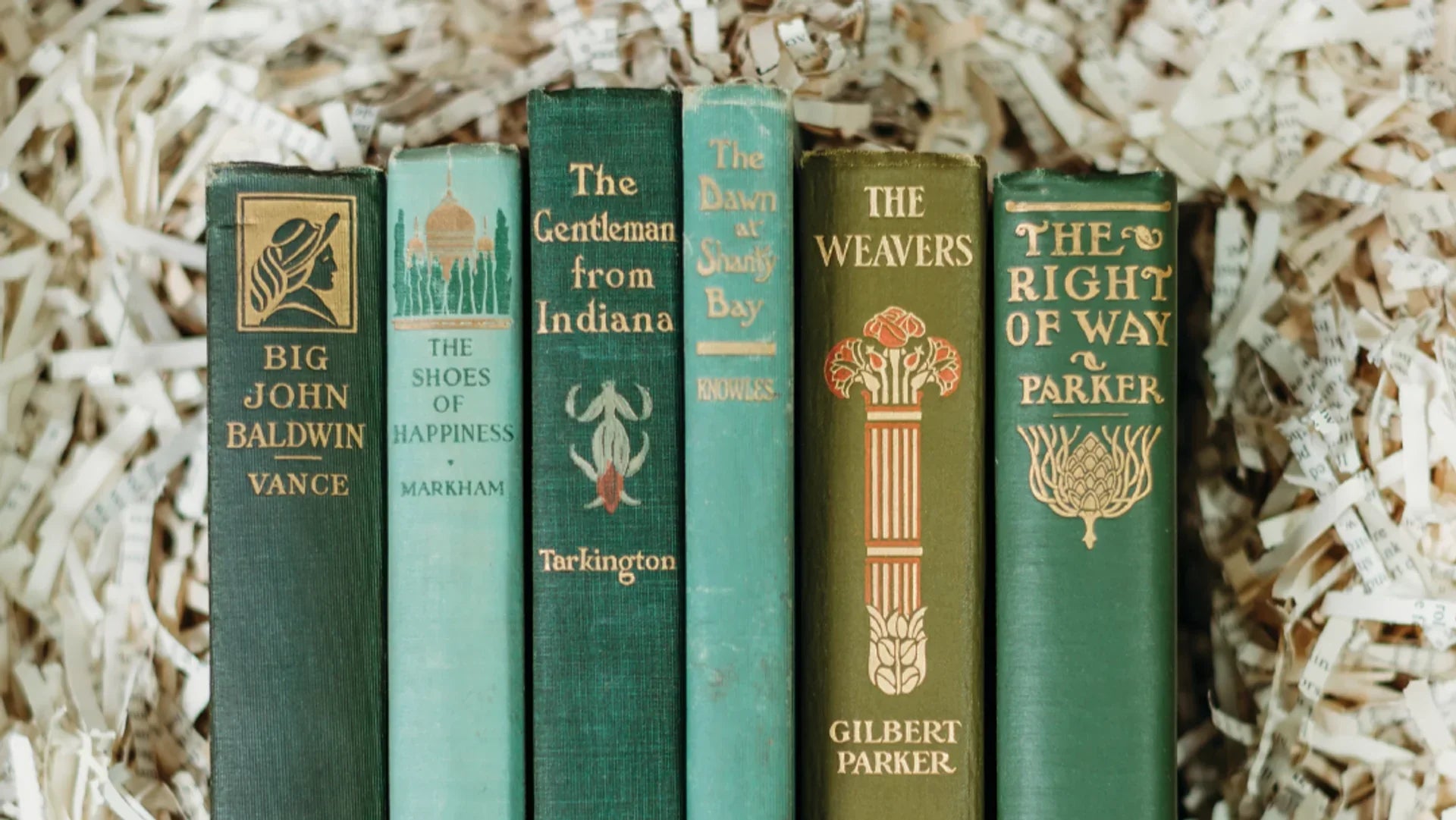
The creative women who grace the pages of In Her Studio are generous in so many ways — with their time, experience, advice, support, and so much more. In their articles, many featured artists have chosen to share the books tha...
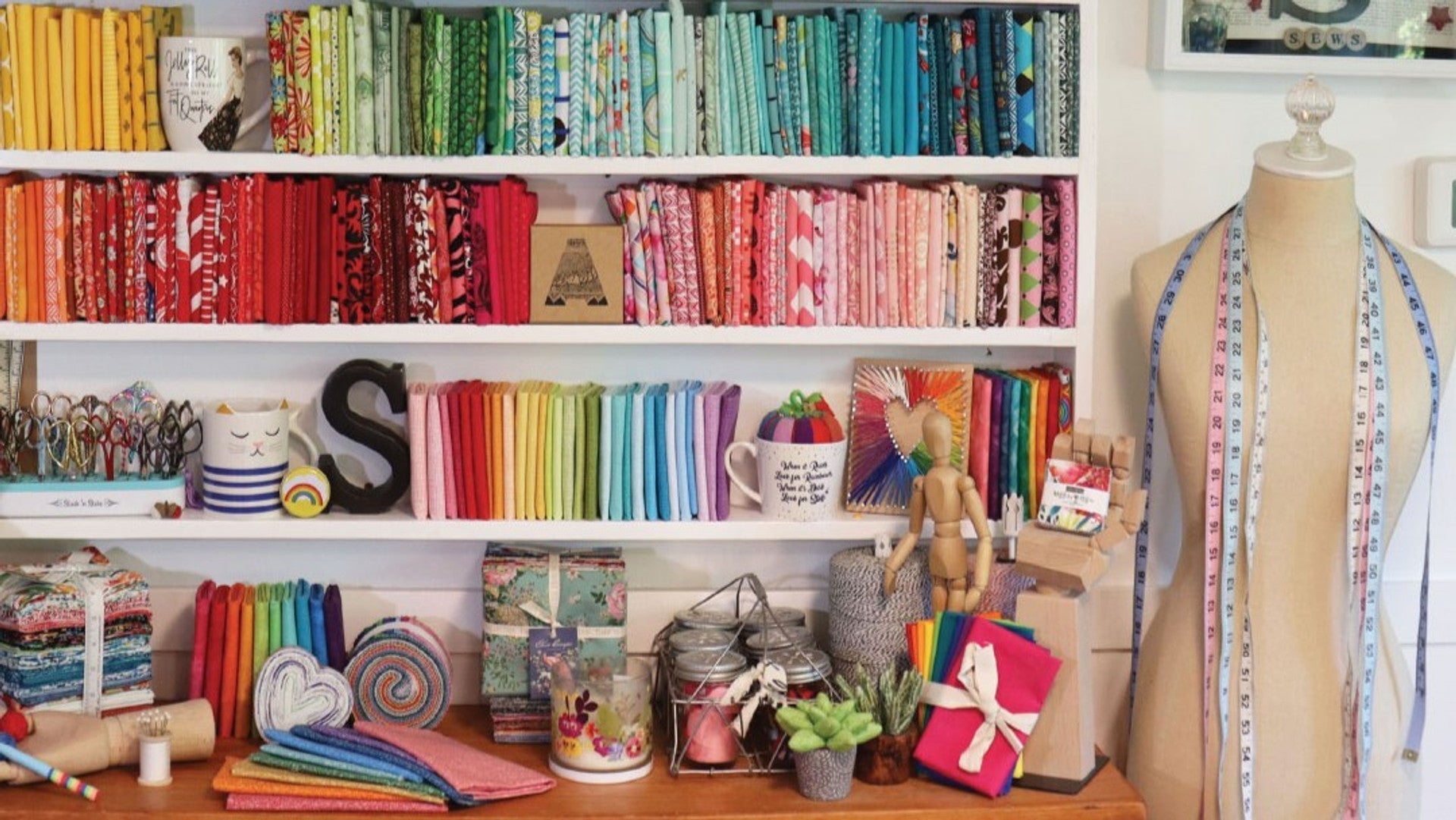
Whether you’re a professional or aspiring artist, having a dedicated space to express your artistic talents is vital. Your art studio is most likely where you'll spend a lot of time, yet designing and organizing it isn't always...


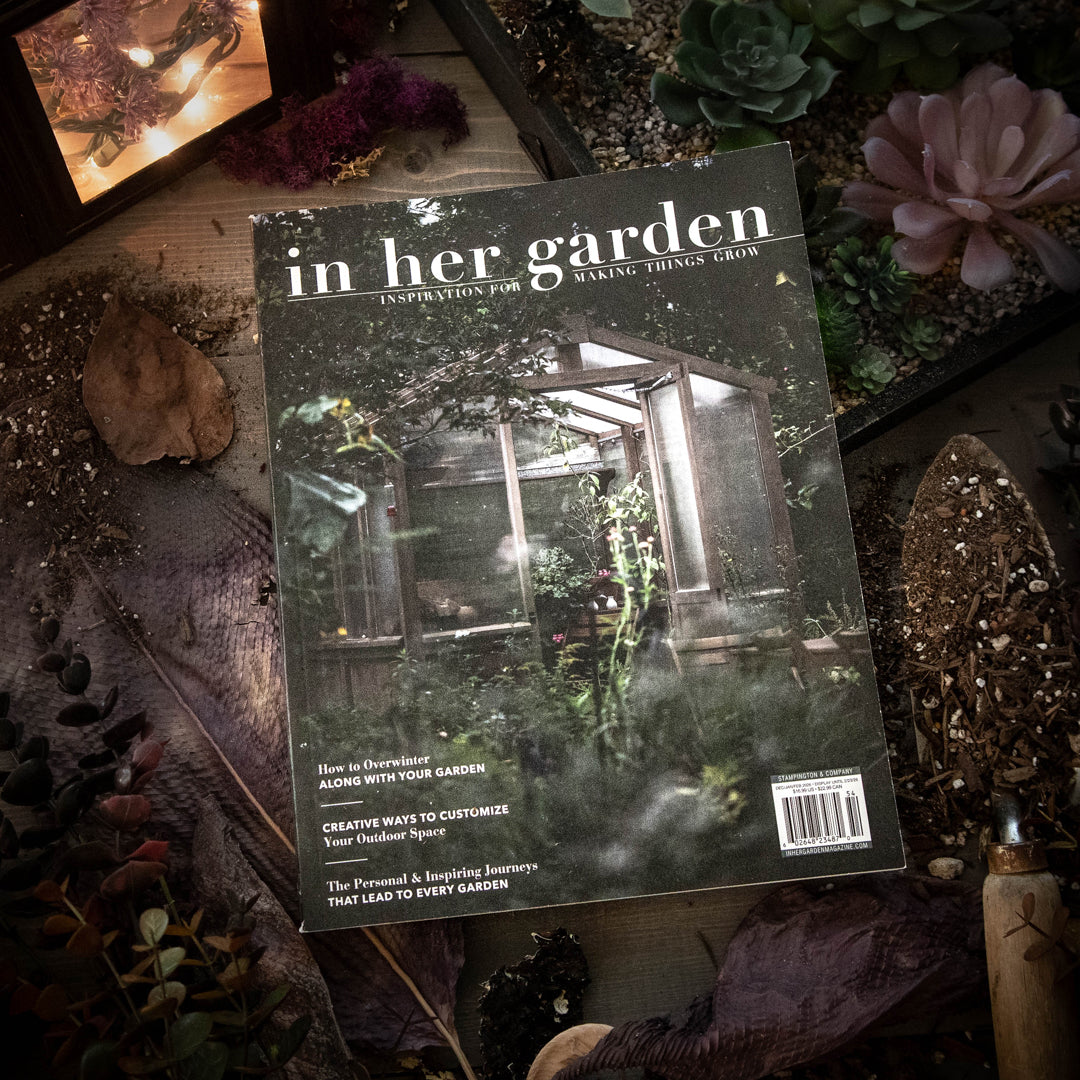
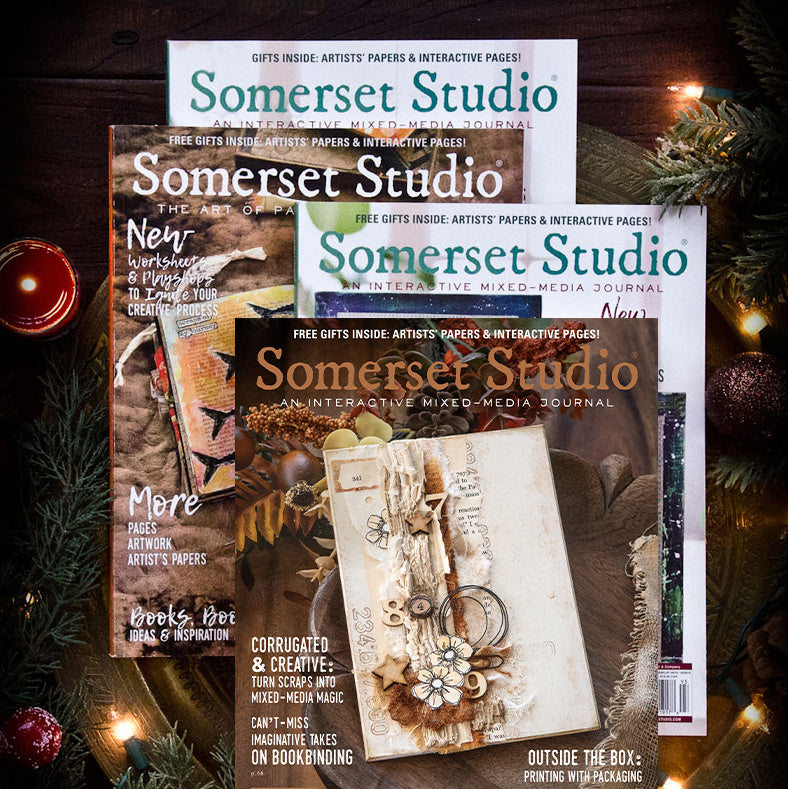
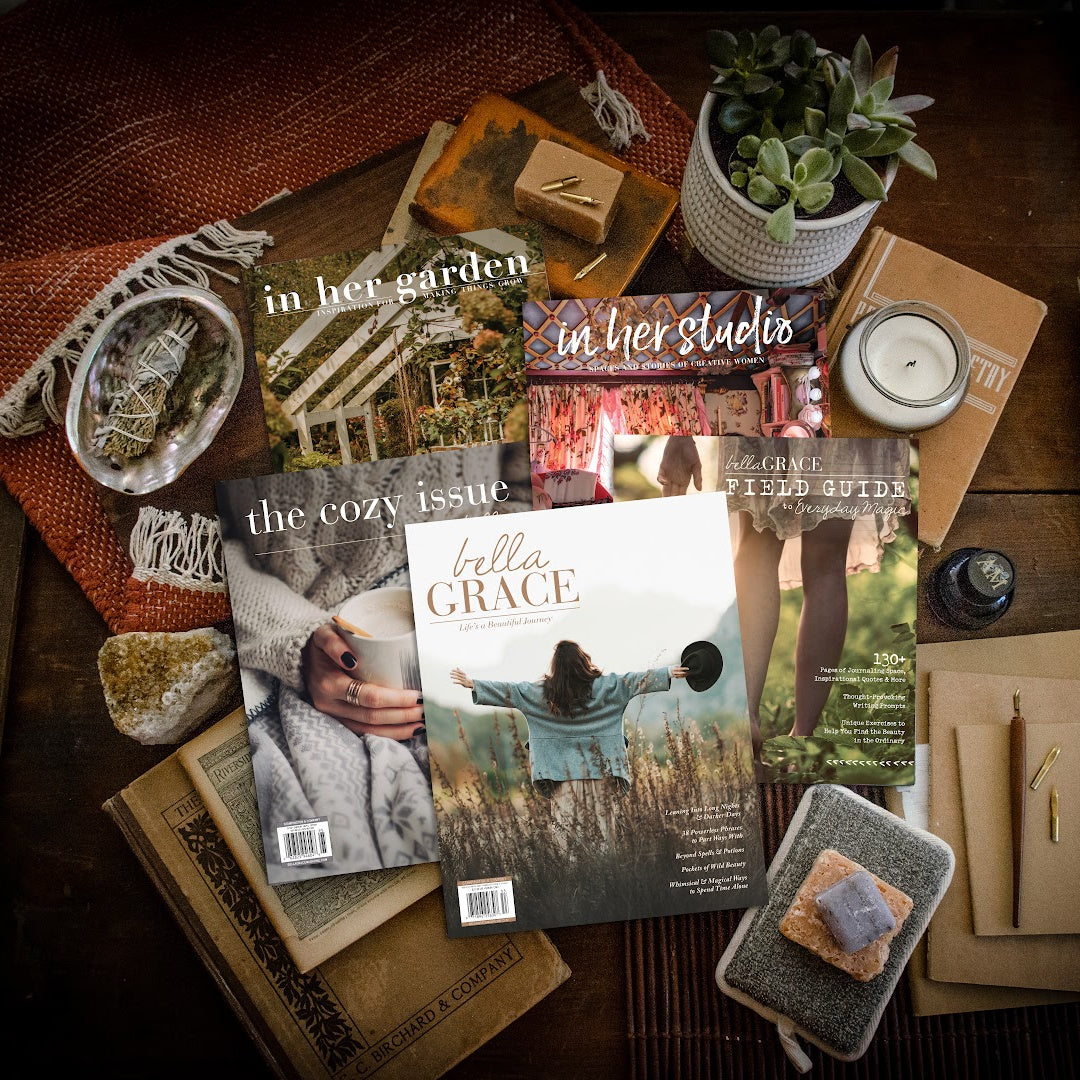
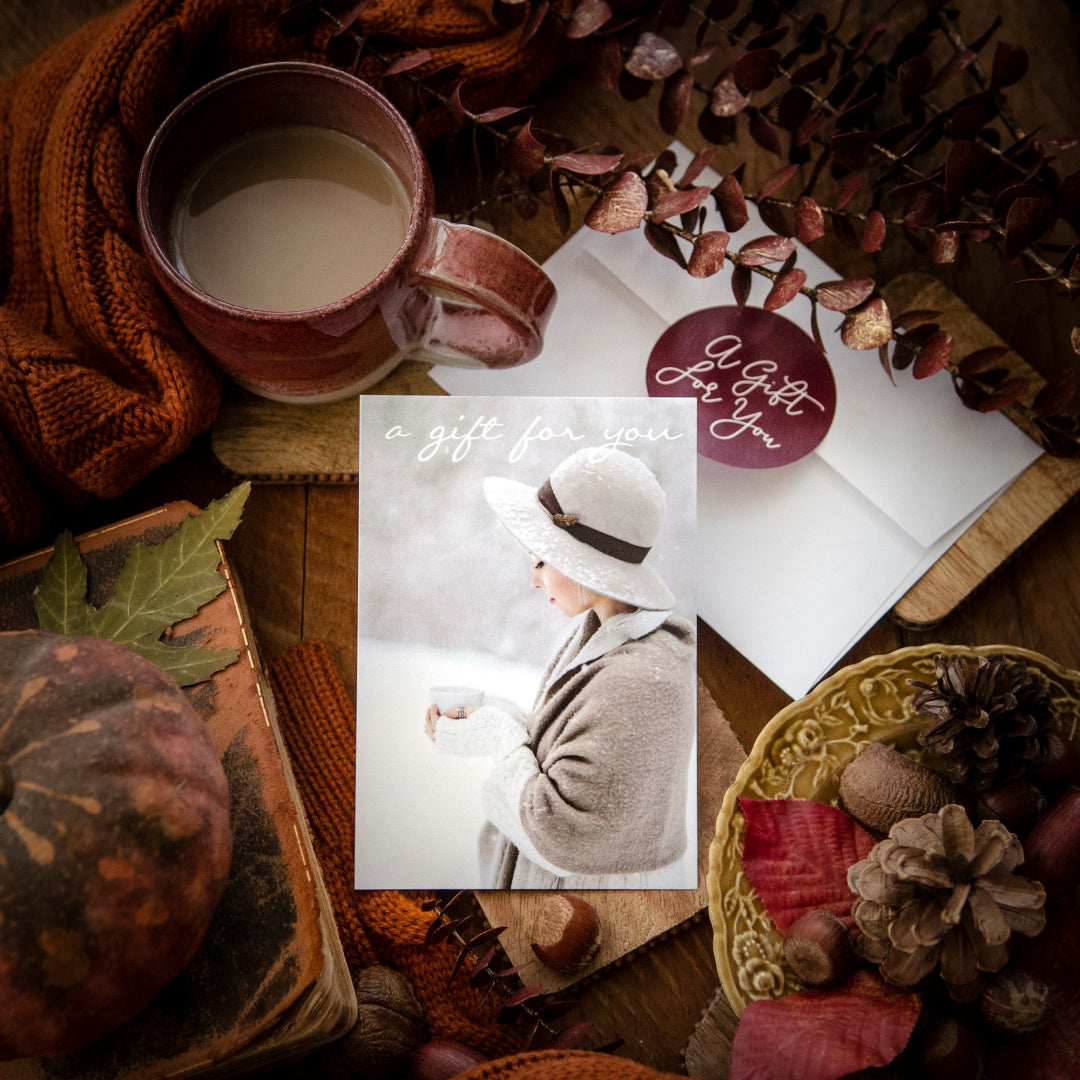
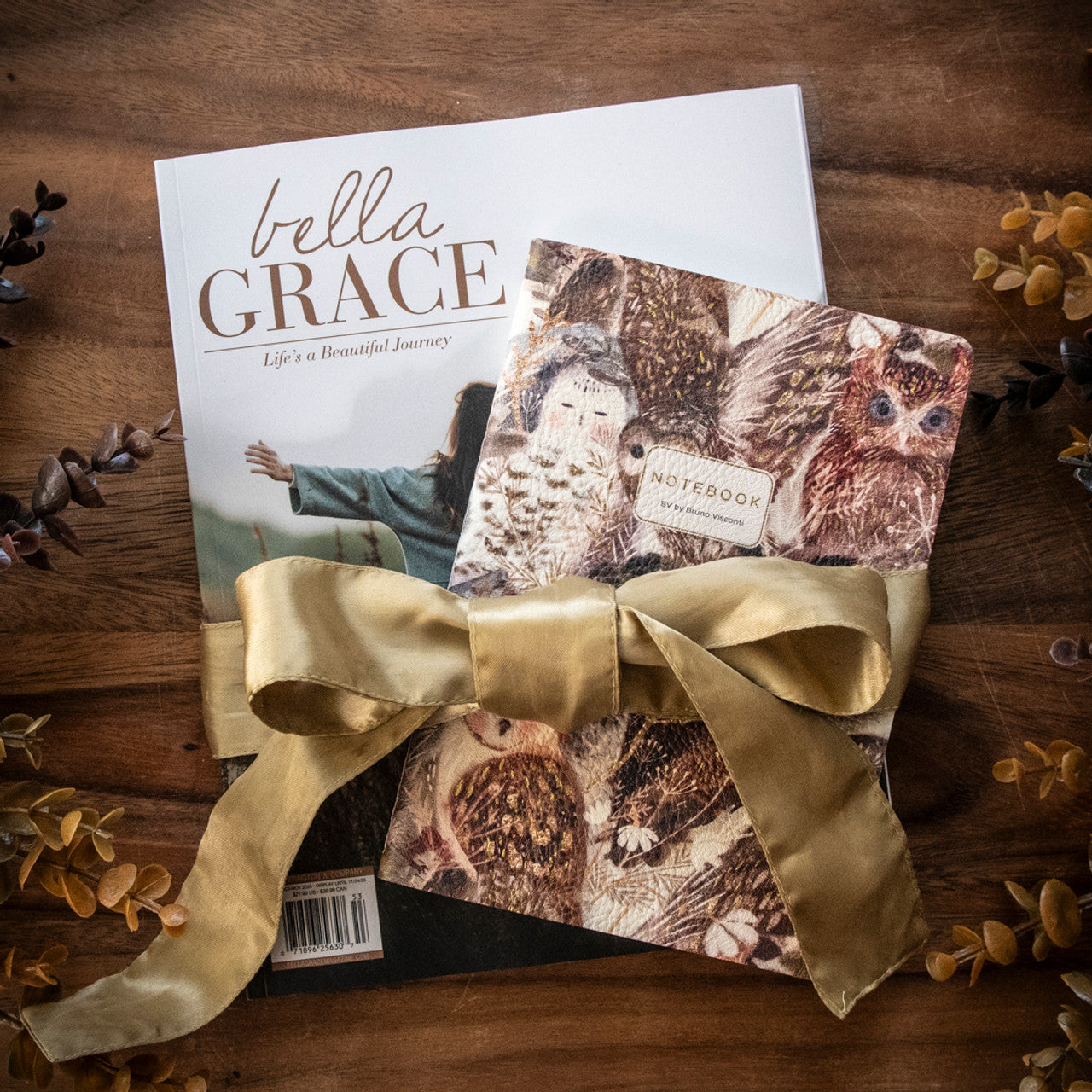
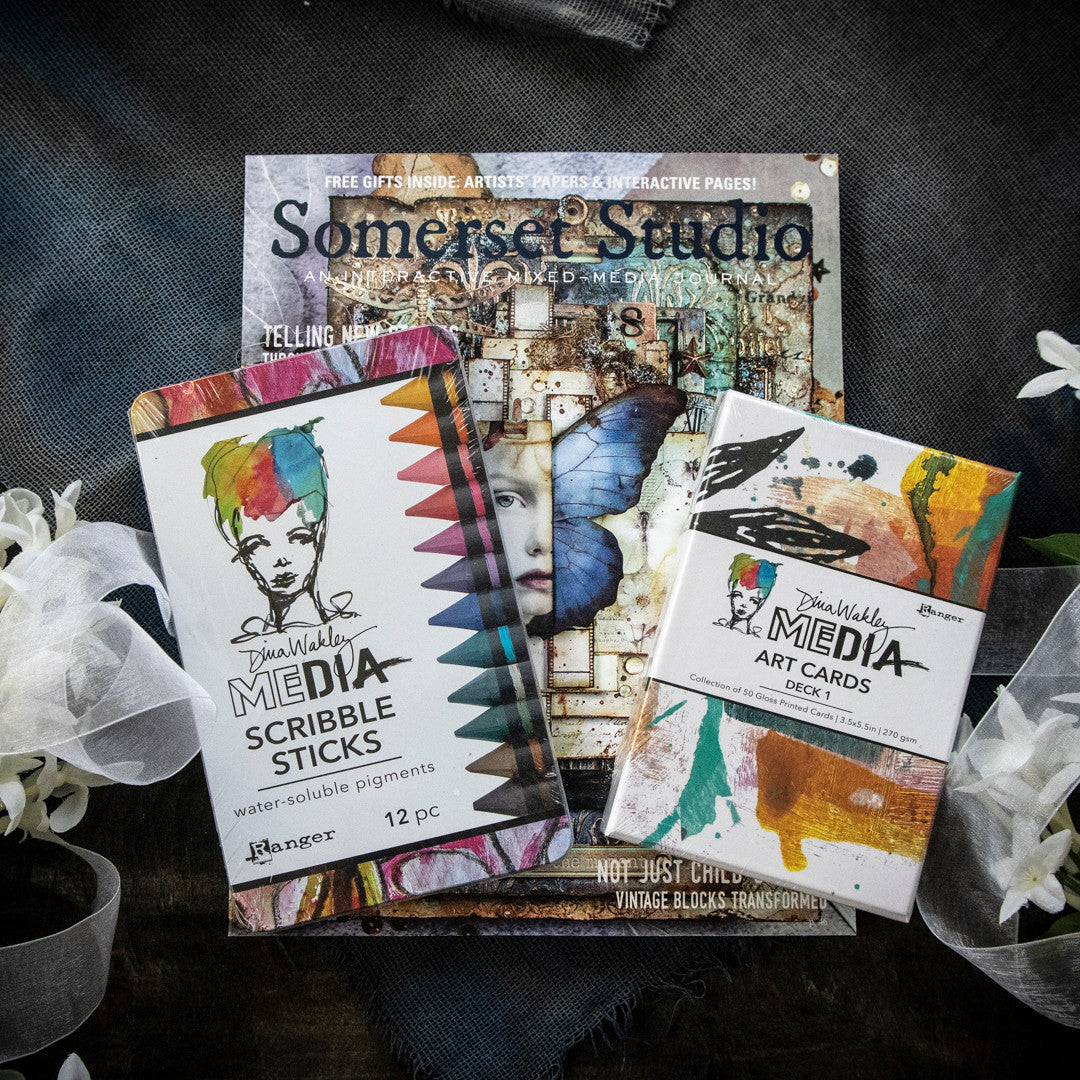
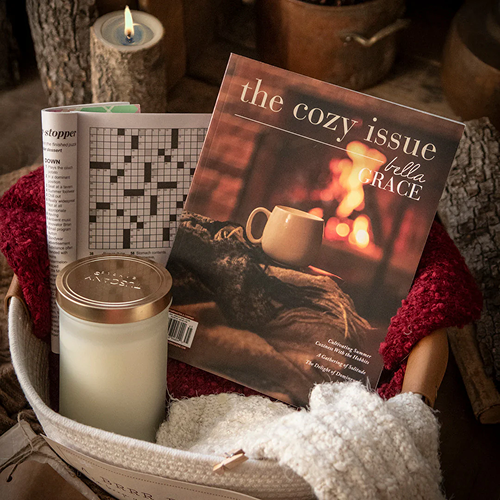
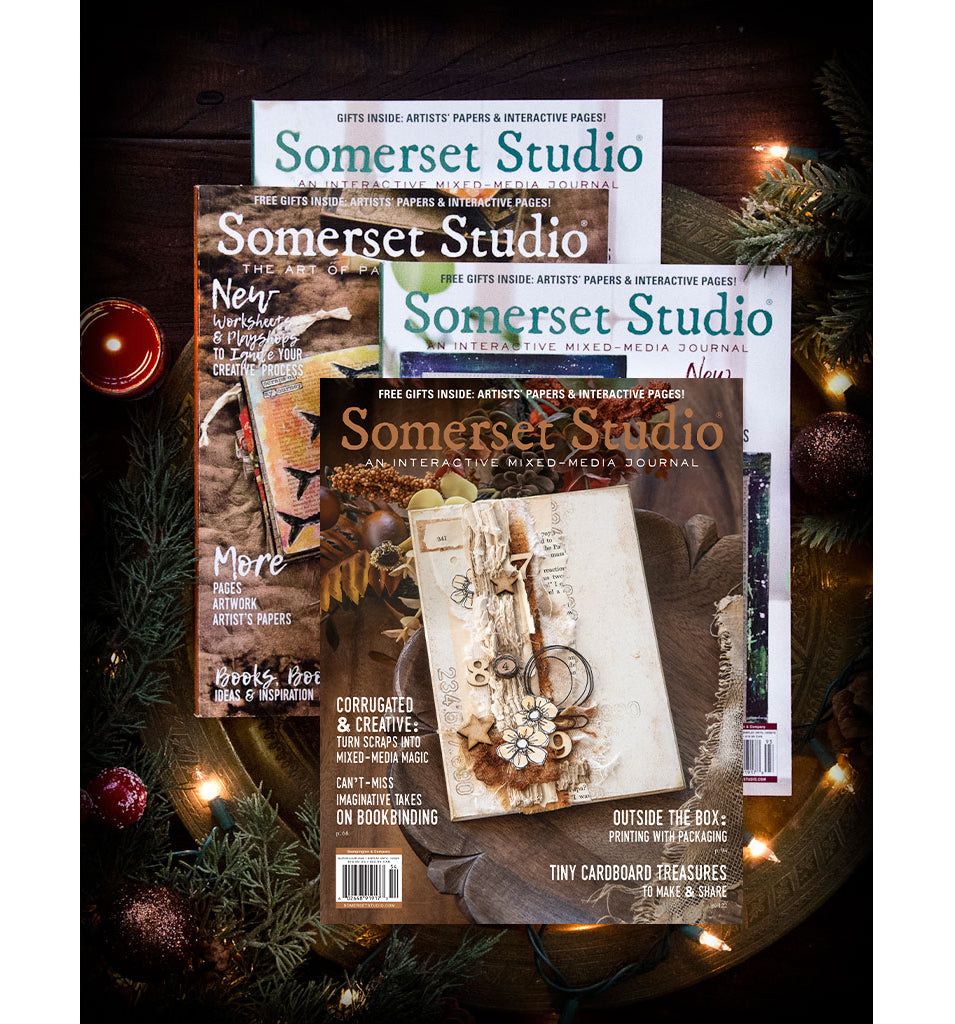
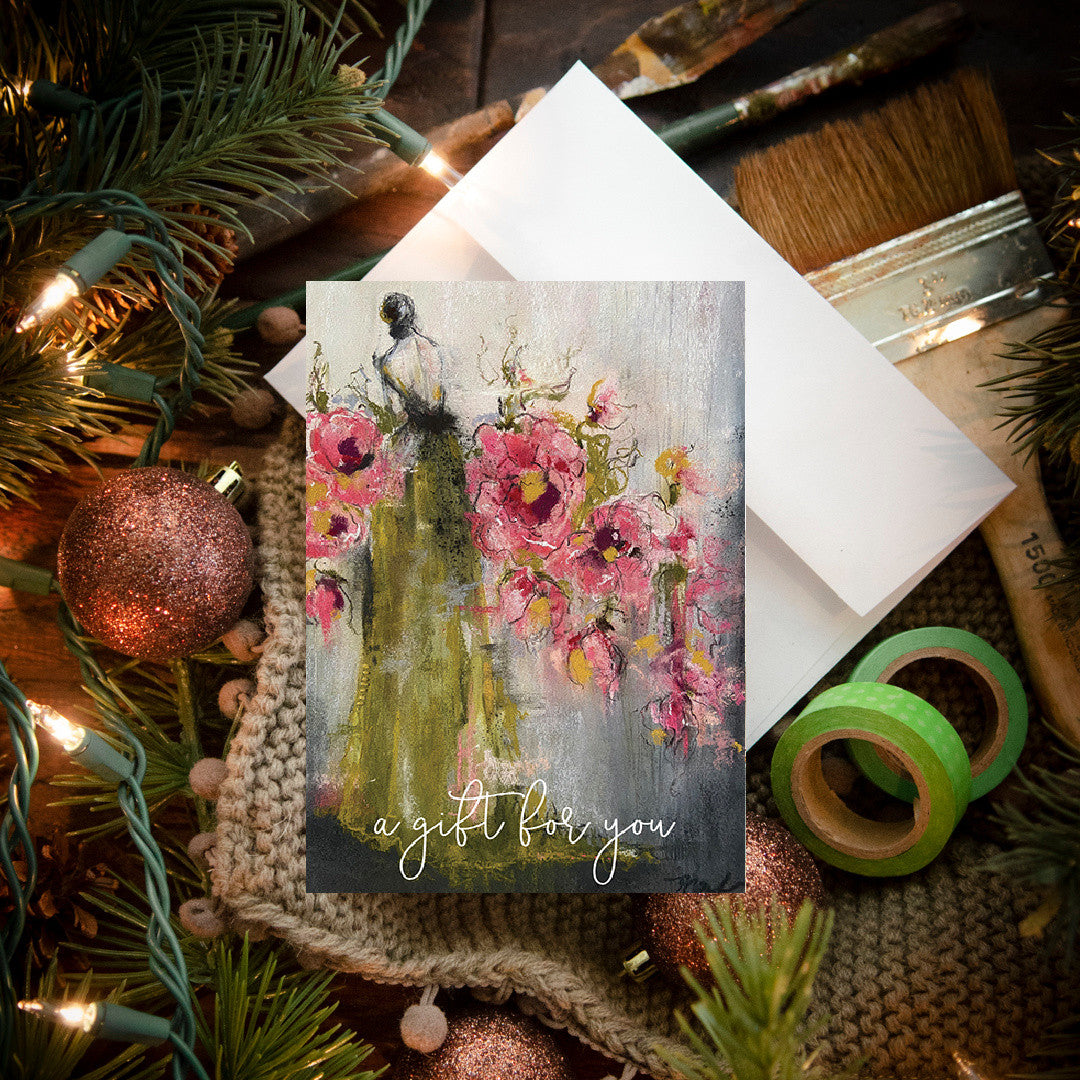
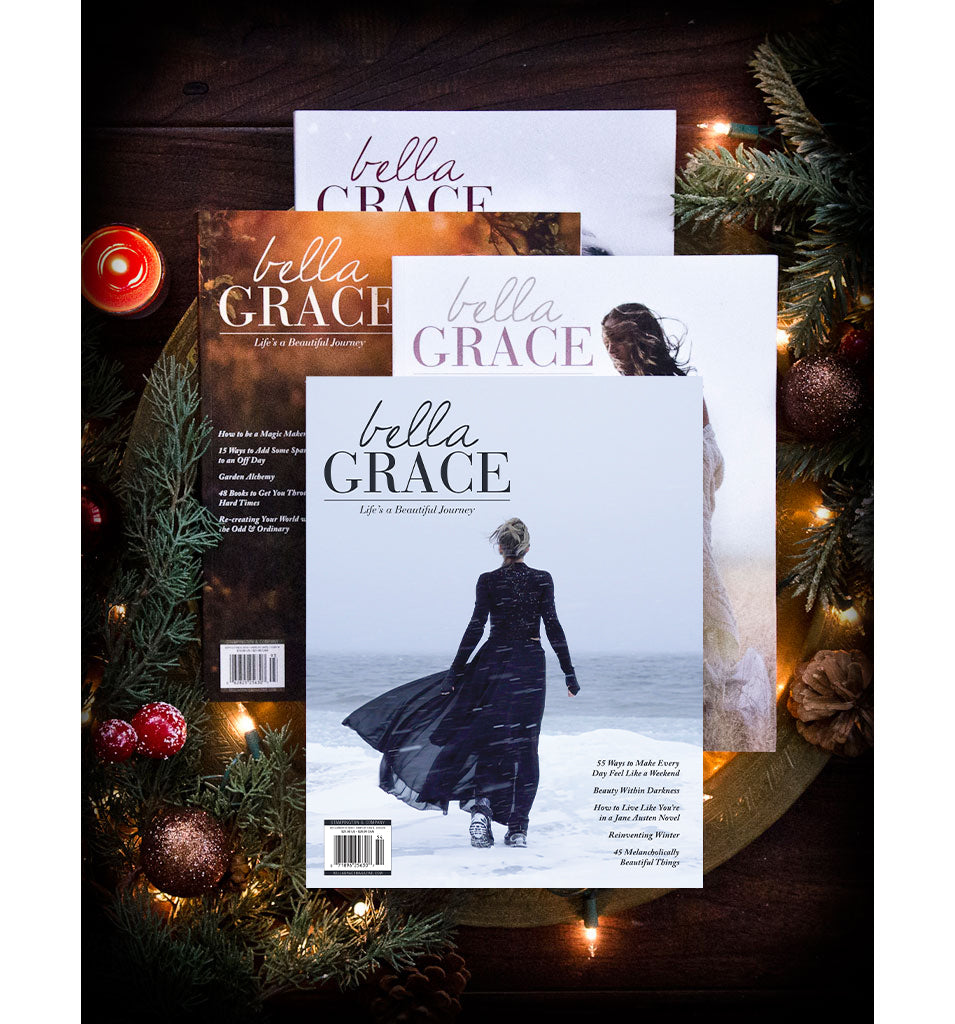
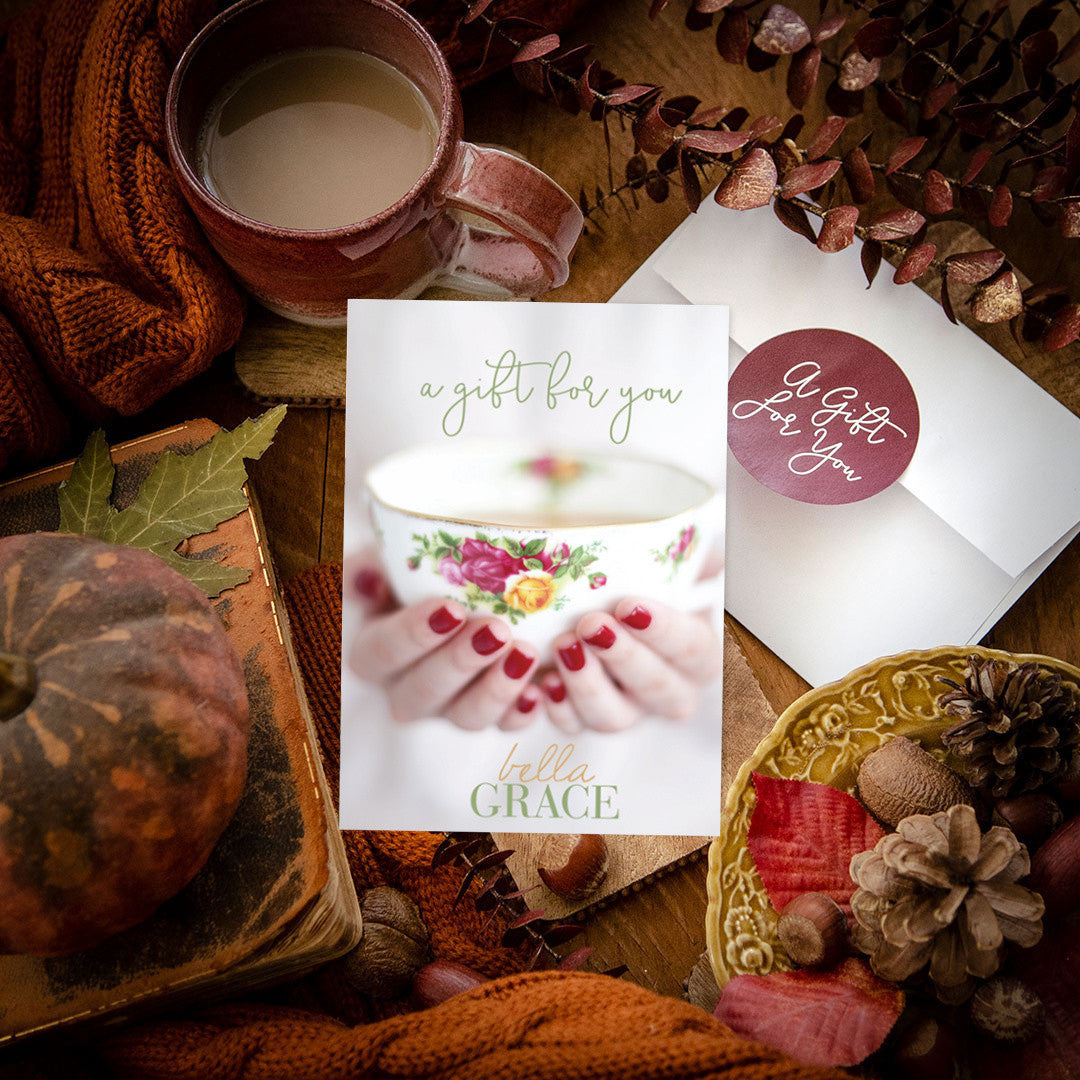
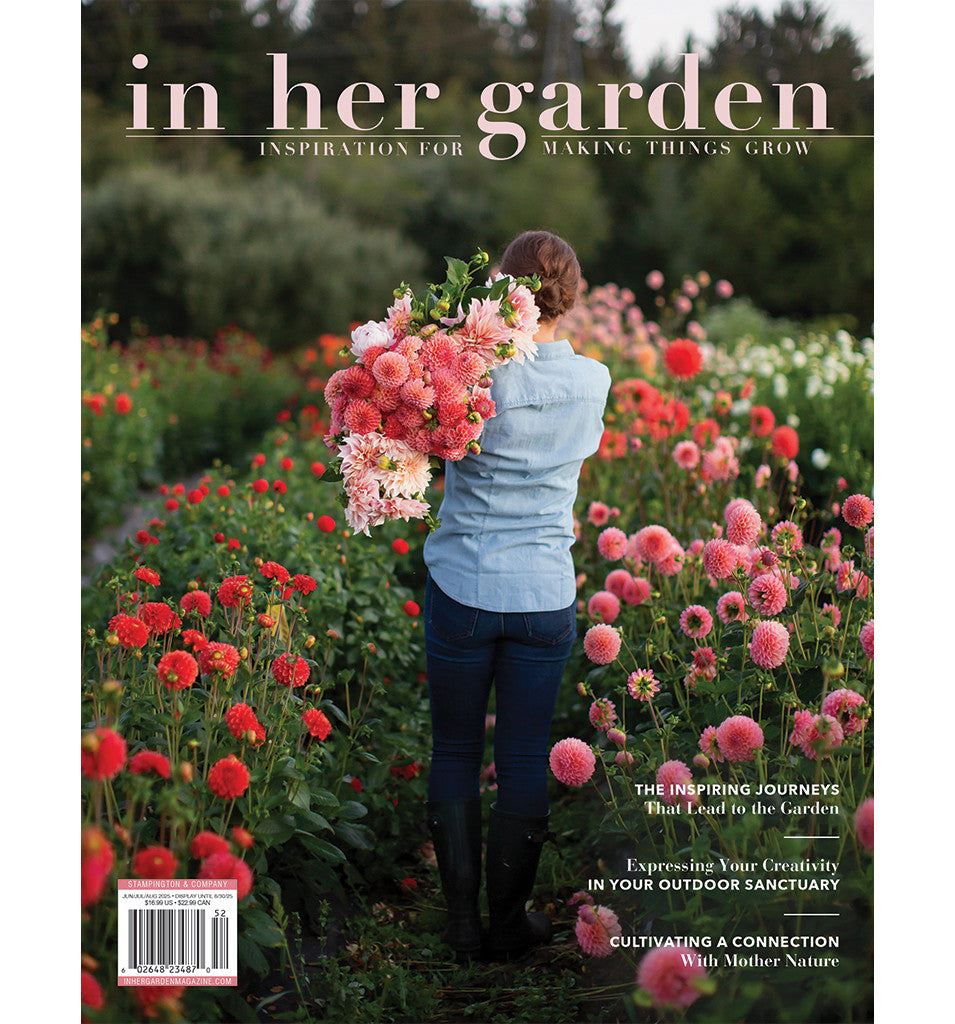
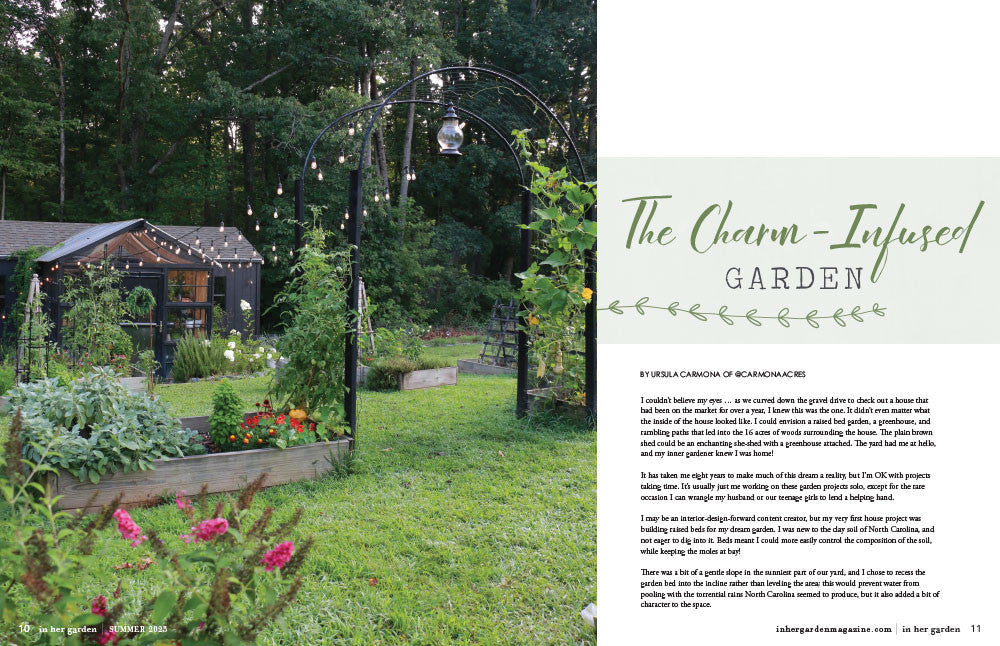
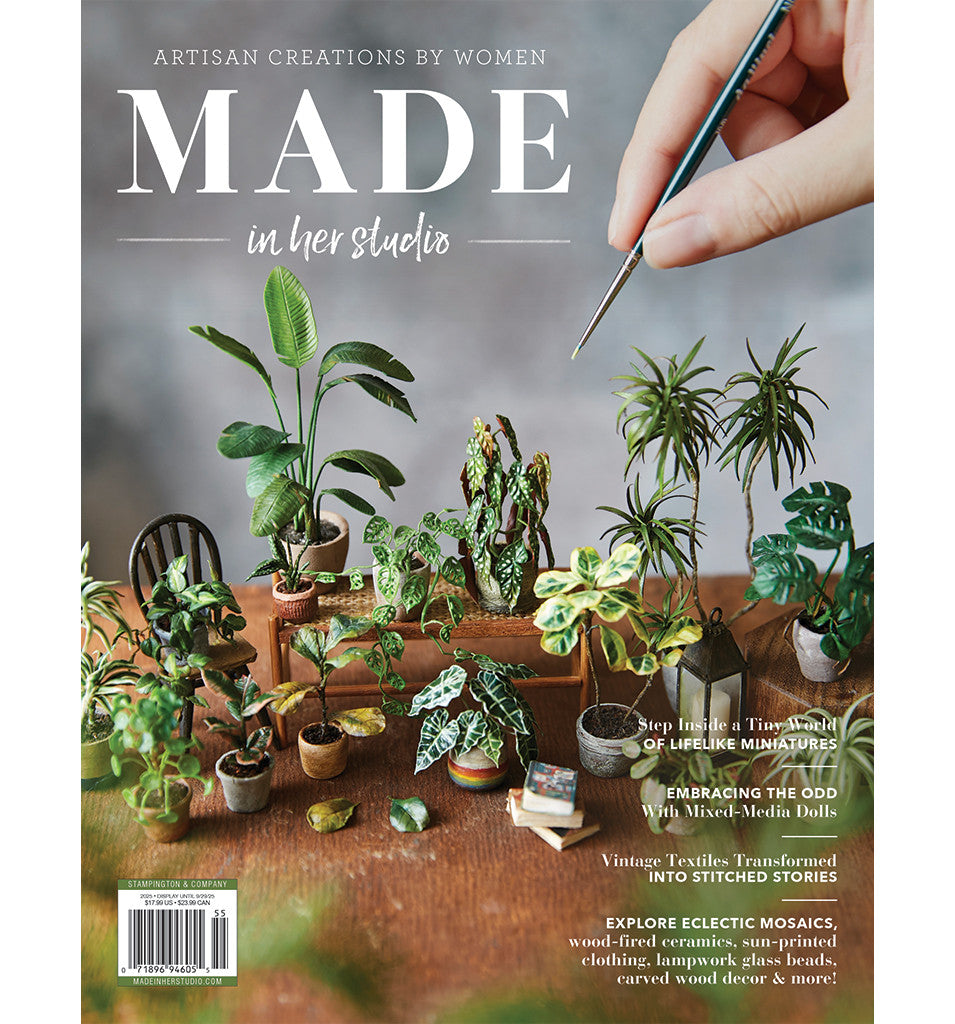
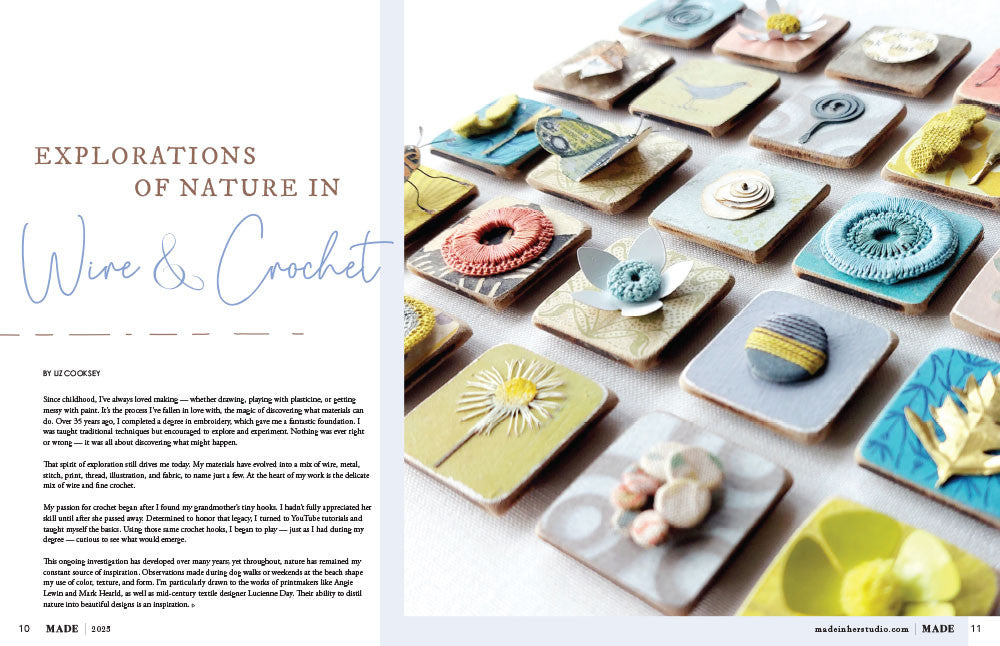
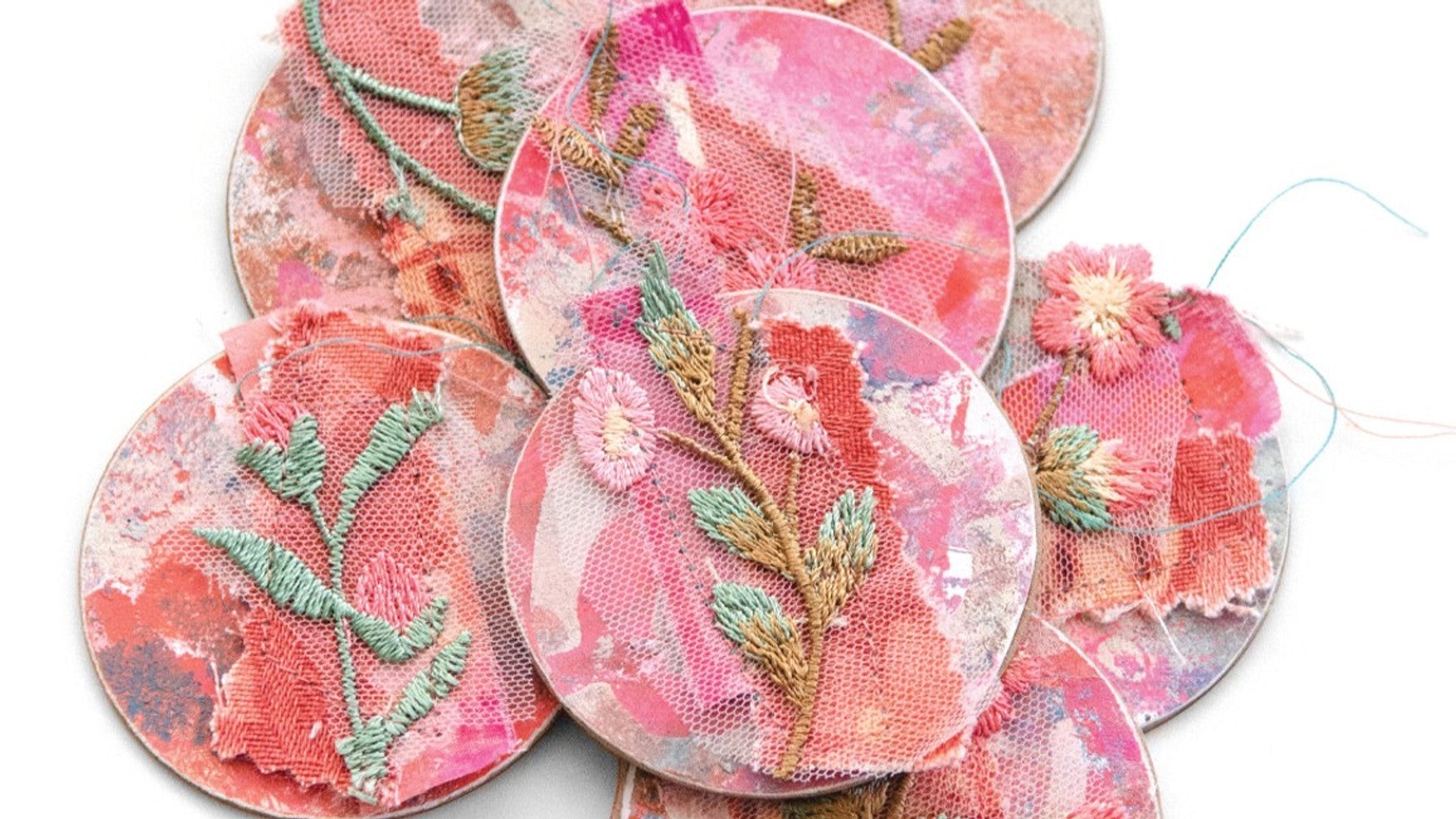






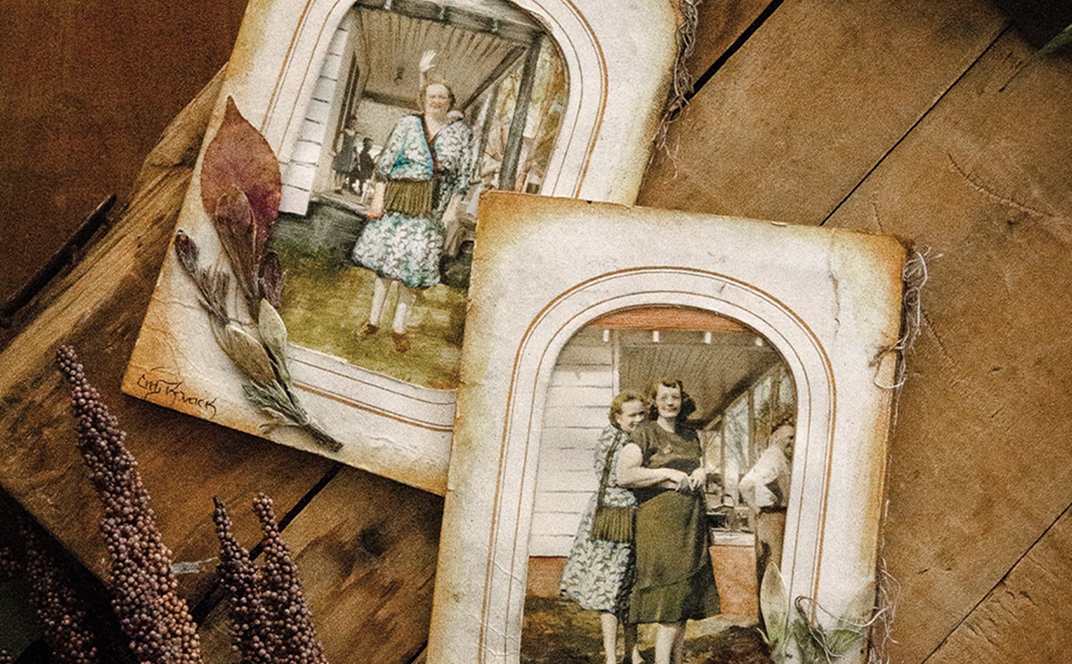
Leave a comment
All comments are moderated before being published.
This site is protected by hCaptcha and the hCaptcha Privacy Policy and Terms of Service apply.